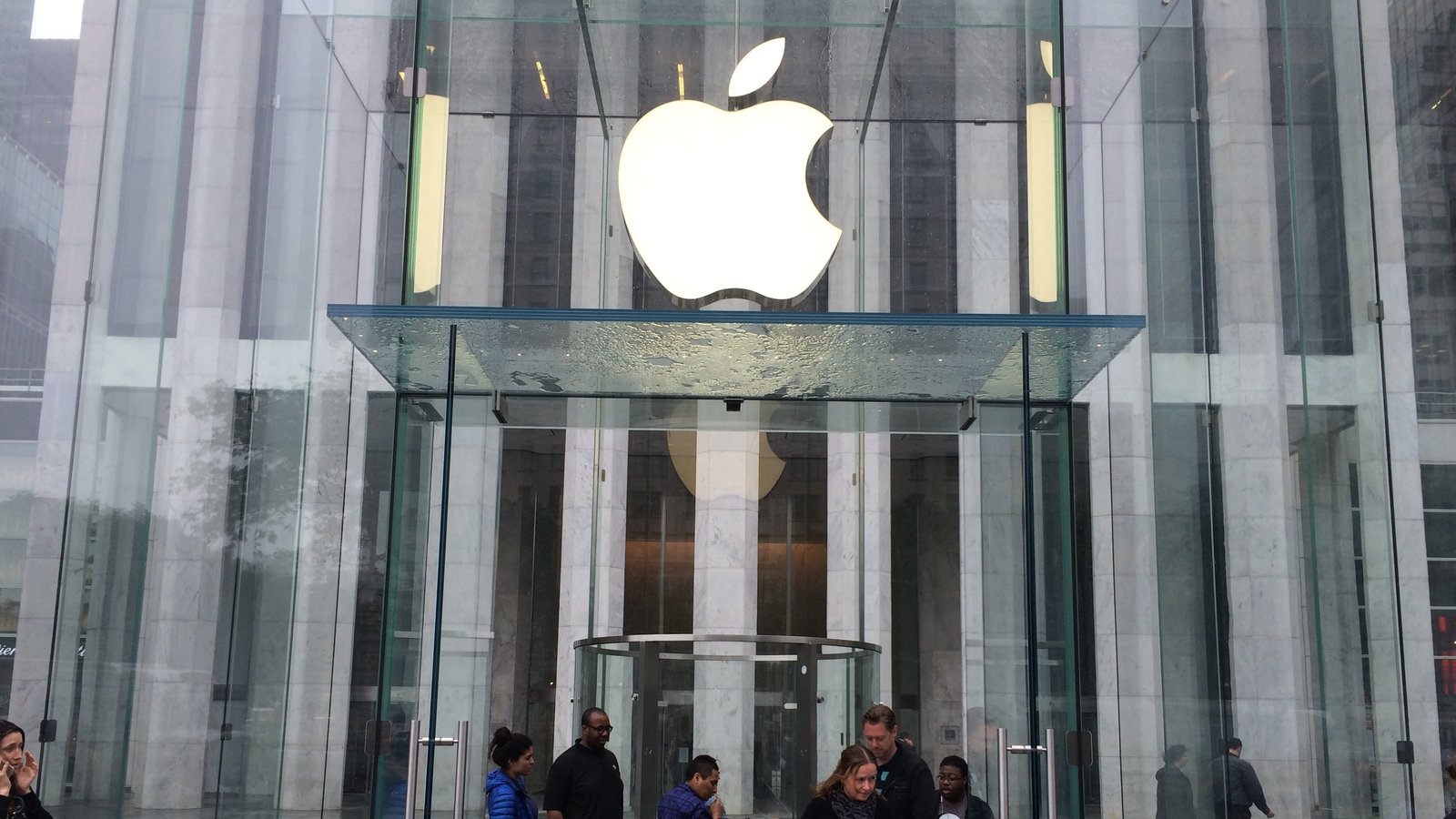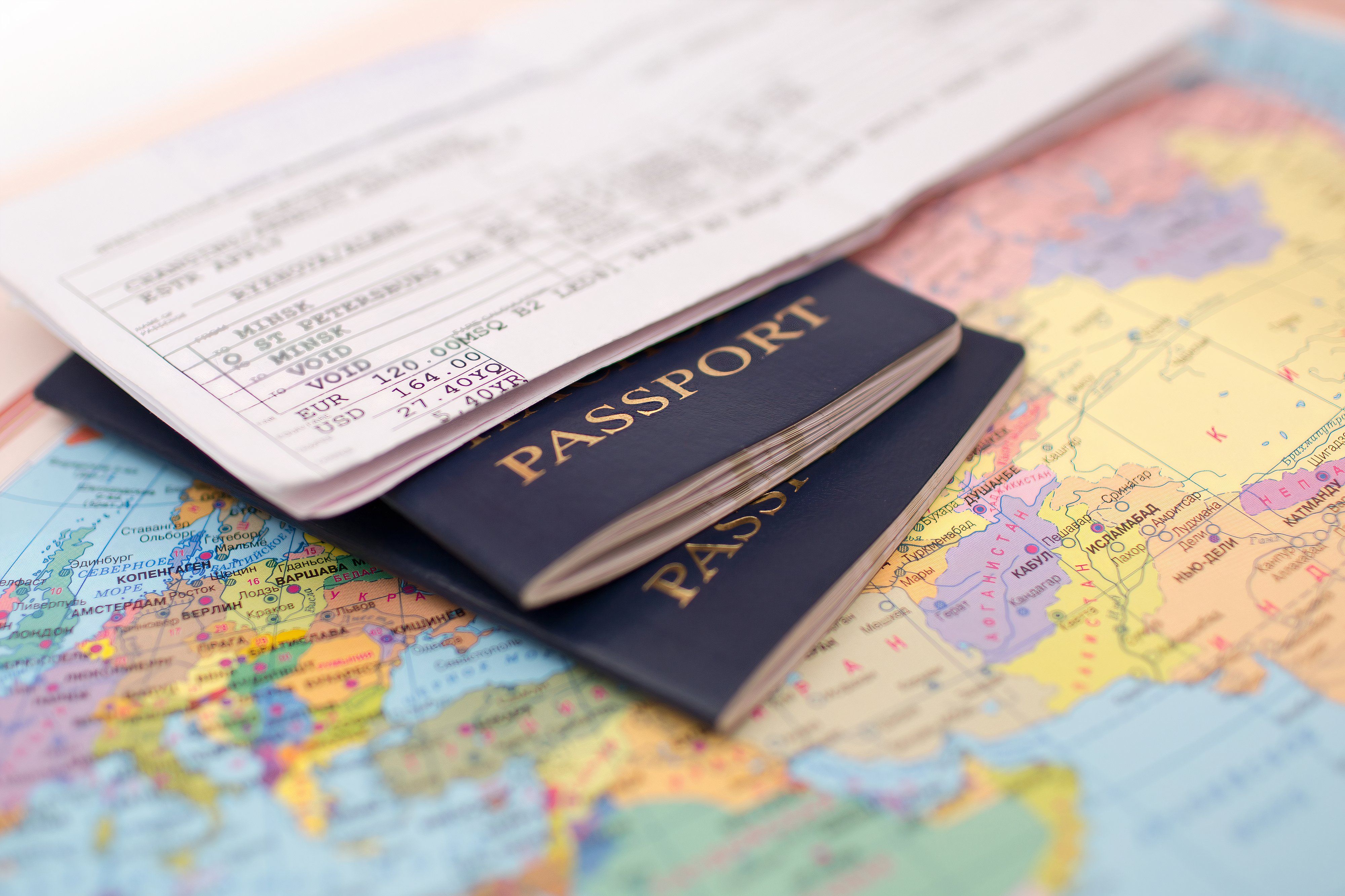Bussiness
Apple must pay Ireland €14bn in unpaid taxes, court rules

Apple has lost its fight against the European Commission’s ruling that it underpaid €14.1 billion in tax due to Ireland.
The European Court of Justice has set aside the judgment of the lower General Court, which previously overturned the Commission’s decision.
That lower court’s ruling overturned the commission’s 2016 original finding that Apple had underpaid taxes totalling €13.1bn due to Ireland between 2003 and 2014.
Following the commission’s original ruling, Apple had to pay €13.1bn in unpaid taxes plus €1.2bn in interest into an independent third-party administered escrow account.
Last November, an adviser to the Court of Justice issued a non-binding opinion that the General Court committed a series of errors in law in its ruling.
We need your consent to load this rte-player contentWe use rte-player to manage extra content that can set cookies on your device and collect data about your activity. Please review their details and accept them to load the content.Manage Preferences
The Advocate General proposed that the Court of Justice should set aside the judgment of the General Court and refer the case back to the lower court for a new decision.
But, the Court of Justice found that the General Court erred when it ruled that the Commission had not proved sufficiently that the intellectual property licences held by two Apple companies, Apple Sales International and Apple Operations Europe, and related profits generated by sales of Apple products outside the United States, should have been allocated for tax purposes to the Irish branches.
In its original ruling, the European Commission probe found that two tax rulings in 1991 and 2007 issued by Revenue to the firm had “substantially and artificially lowered the tax paid by Apple in Ireland since 1991”.
The commission found the technology company had underpaid taxes totalling €13.1bn between 2003 and 2014 and ordered it to pay the money to Ireland along with €1.2bn worth of interest.
Apple and Ireland rejected the commission’s findings and claimed the company did not receive special treatment from the Irish State, which would have breached EU state-aid rules.
They appealed those conclusions to the EU’s General Court and the case was heard over two days in September 2019.
The following July, the court issued its judgment annulling the commission’s findings.
However, the commission did not accept the decision and in September 2020 announced that it would lodge an appeal.
It was heard in May of last year, with the Advocate General’s opinion issued in November.
Read more:
What’s going to happen to the €13bn after Apple judgment?
Apple tax ruling a ‘big win for EU citizens’ – Vestager
Twists and turns in the high stakes Apple tax case?
Government says it will respect Apple’s EU court ruling
Apple has expressed disappointment with the ruling.
In a statement it said: “This case has never been about how much tax we pay, but which government we are required to pay it to.
“We always pay all the taxes we owe wherever we operate and there has never been a special deal. Apple is proud to be an engine of growth and innovation across Europe and around the world, and to consistently be one of the largest taxpayers in the world.
“The European Commission is trying to retroactively change the rules and ignore that, as required by international tax law, our income was already subject to taxes in the US. We are disappointed with today’s decision as previously the General Court reviewed the facts and categorically annulled this case, ” the company said.
Apple also said today it would record a one-time income tax charge of up to $10 billion in the fourth quarter ending September 28 after today’s ruling.
Following the ruling, the Government said it noted the statements in relation to the judgment from the court and said it will consider the judgment carefully when it is circulated.










